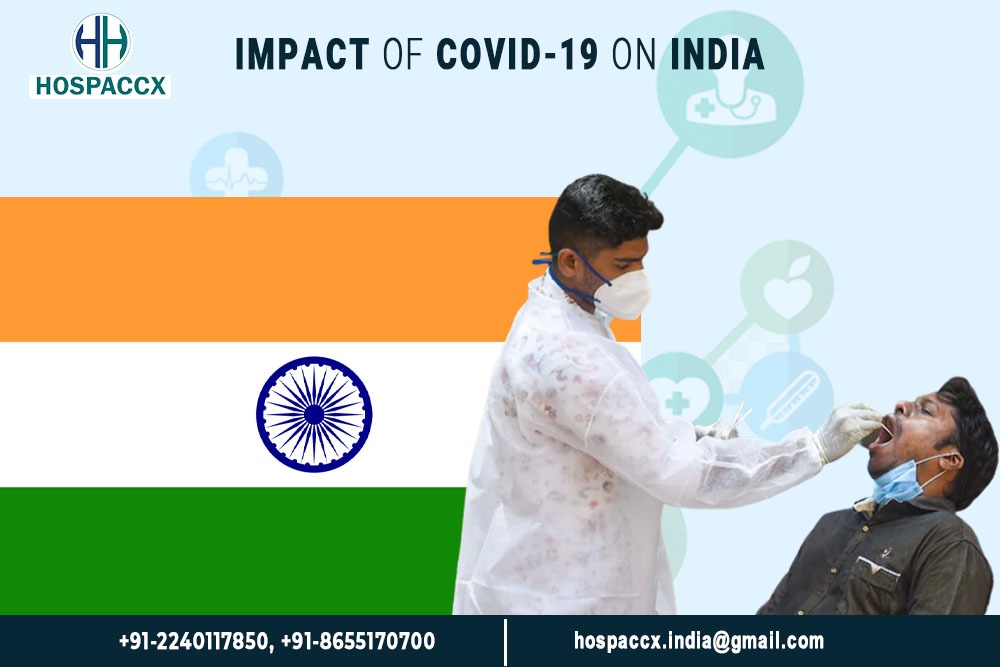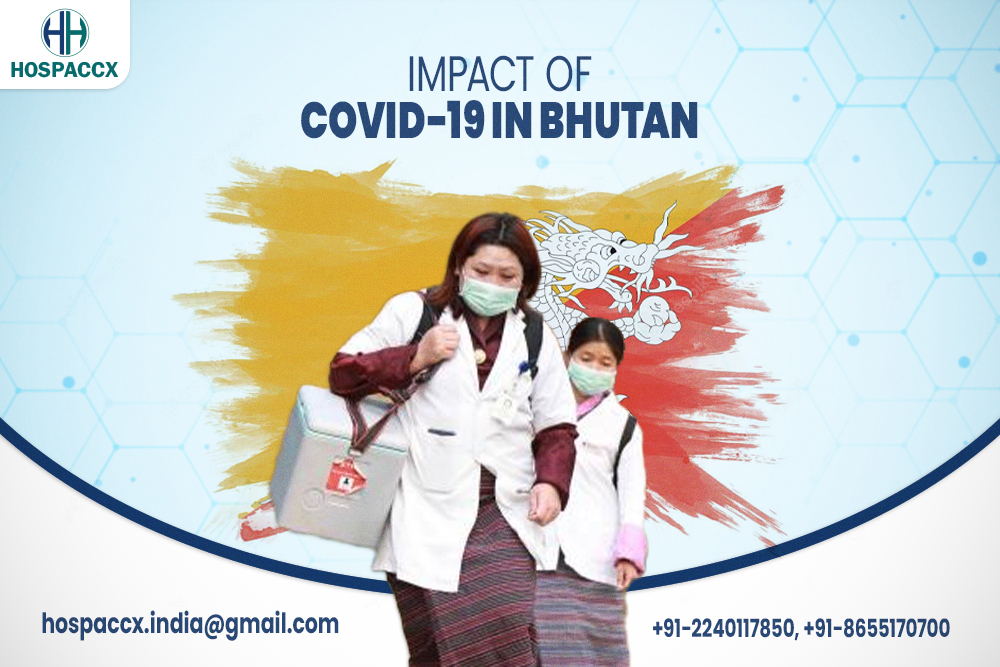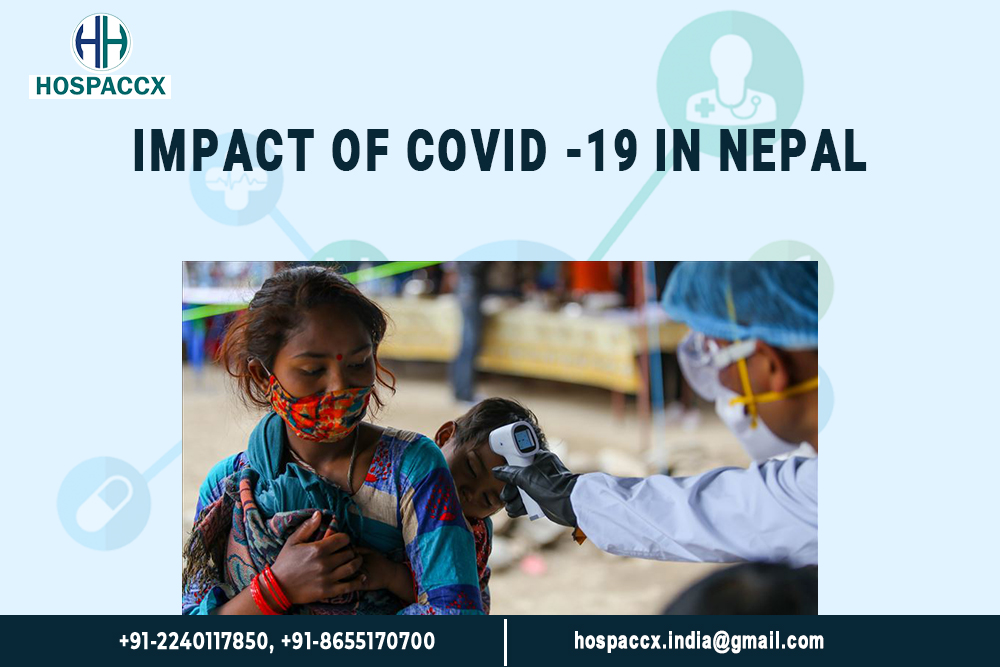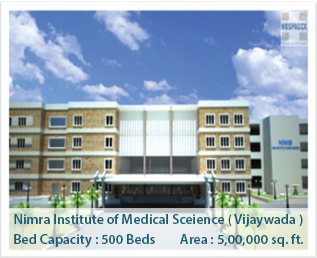The Covid-19 Era in Benin
The World Health Organization and World Food Programme identified Covid-19 as a global pandemic on 11th March 2020. The impact of the coronavirus was also recognized in low-income countries like Benin. Benin may have intervened quickly for the slow transmission of the disease but due to limitations on health care facilities and the frequency of comorbidities in the country, it couldn’t prevent the pandemic. On 16th March, the first COVID – 19 case in the country was confirmed in Proto – Novo, the capital of Benin, and the first death from COVID-19 occurred on 5th April. Various international flights were suspended in the city, and people coming into the country via air had to undergo 14 days of mandatory isolation. Globally, the coronavirus created an extraordinary situation, resulting in interference in the health system, economies, and societies, forcing governments to focus on controlling the disease and reviving their economies.
Economic Crisis in Benin
Currently, the GDP of Benin is 16 USD billion. The GDP growth slowed to 2.3% in 2020. The pandemic impacted the supply of many sectors such as commerce, transport, agriculture, hotels, and restaurants. Demand also slowed in 2020 due to lower investment and private consumption. The inflation rate doubled mainly because of higher food prices. Tax revenue fell by 6.5%. The budget deficit also increased in 2020. And the value of imports declined by 4.6% due to the pandemic.
The sale of the fresh product, retail trade, semi-wholesale trade, exports, and imports were all harmed in the trade sector, constituting 71% of the economy. Despite numerous economic obstacles, Benin is attempting to strengthen the economy by overcoming agriculture setbacks and normalizing merchandise traffic in the city.
Impact on Healthcare Sector
Across the globe, our healthcare systems were not designed to deal with an unpredictable, large-scale health challenge that would require urgent mobilization of resources and affect the whole population. Mostly the healthcare industry was hit by the pandemic. In Benin, insufficient laboratory infrastructure, equipment, and reagents for timely and quality diagnosis were of particular concern. By the outbreak of the COVID-19 pandemic, Benin’s health system revealed that the country lacks a robust surveillance system capable of monitoring common diseases. It also lacked the ability to timely trigger alarms to contain disease outbreaks or to rapidly detect and investigate abnormal clustering cases of illness or death. Key weaknesses included; lack of a qualified and motivated health workforce, insufficient equipment and infrastructure for effective preparedness and response at each level of the health pyramid, and poorly functioning community-based surveillance.
Health care Centres
Effective primary health care (PHC) has proven to improve people’s health and well-being and contribute to better health systems and resilient societies. While COVID-19 was straining the health systems and socio-economic structures worldwide, PHC was crucial to fighting the pandemic, maintaining essential health services, and preventing future crises in Benin. Prime issues of public health centres were, insufficient capacities of health workers dealing with the pandemic, poor facility preparedness, or negative impacts of COVID-19 on health services, leading to only 5-15% of public health care to the population in the city.
In Benin, the private health sector offered 60% of health care services through 30% of the country’s traditional health facilities. These comprised of non-governmental organizations not-for-profit services (health care facilities, pharmacies, and laboratories), as well as private-for-profit providers.
Homecare screening facilities
The COVID-19 pandemic, which began in 2019, has increased healthcare demand in all nations affected. As a result, there was a high demand for homecare screenings, where patients could receive medical care in a secure setting. Benin currently has 13 laboratories capable of Covid-19 testing, up from a single laboratory in the capital city. A helpline gives access to COVID-19 information and support, while mobile testing teams perform diagnostic at government offices and private enterprises. The private sector also provided screening facilities and discovered the virus earlier.
Emergence of Digitization in Covid-19
In healthcare, digitization has facilitated easy access to patient records, increased quality of care through more accurate diagnosis, and enhanced patient service through individualized and preventive care. The World Bank recognized digital health IDs as a way to expand insurance coverage, where patient identification and health information systems are often lacking. Digitization in Benin was growing through the implementation of the goMedical app that allowed the users to access a list of doctors and clinics and make appointments with more than 200 health professionals. It also helped the patient with remote consultations with doctors during the pandemic. Patients have control over access to their medical records thanks to an innovative mobile-scannable QR code. Patients may now register and generate a unique digital health ID that stores their emergency medical information and history using a mobile-enabled integrated health solution. With the help of the World Bank’s Regional Disease Surveillance Systems Enhancement (REDISSE) Program, the country was able to make up for more than 20 years of delay in epidemiological surveillance and screening.
Conclusion
Benin was not immune from the impact of Covid- 19. Healthcare facilities available in Benin states that the preparedness of private and public health sectors in the state was very low. Benin’s healthcare system faced several significant problems. Despite these obstacles, the government attempted to bring a balance between available resources and develop healthcare and other areas. Initiatives such as digitization in healthcare and different home screening facilities have aided in demonstrating the government’s willingness to overcome these difficulties. The government of Benin is also attempting to instantly raise expenditures on the healthcare system to ensure that if the country suffers a crisis in the future, healthcare services would be readily available to the country’s citizens. Benin is enduring all feasible efforts to strengthen the healthcare system to achieve optimum health for all citizens.
For more information about the Country and Healthcare opportunities in Benin, you can visit the company website on www.hospaccxconsulting.com or contact us directly.
















